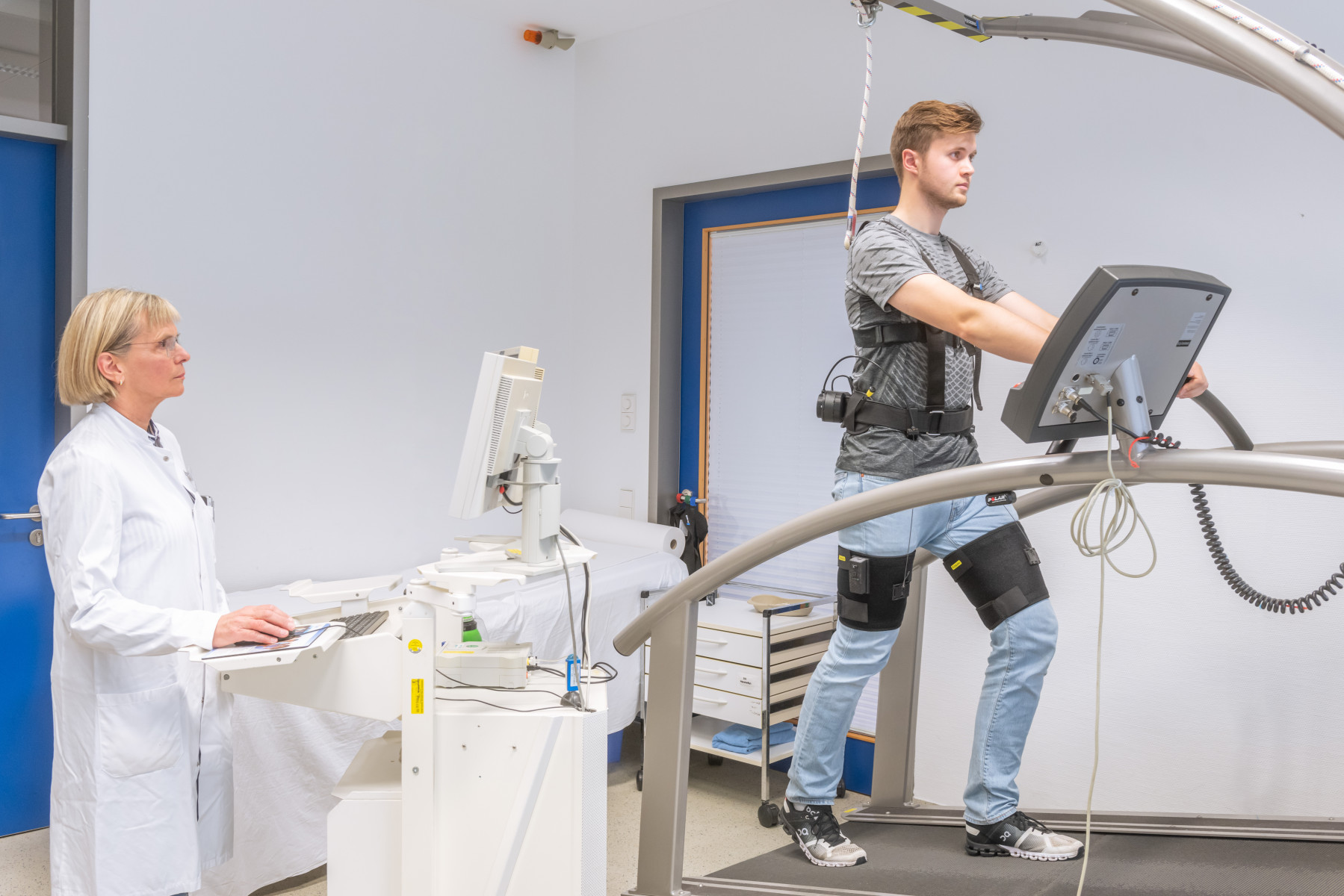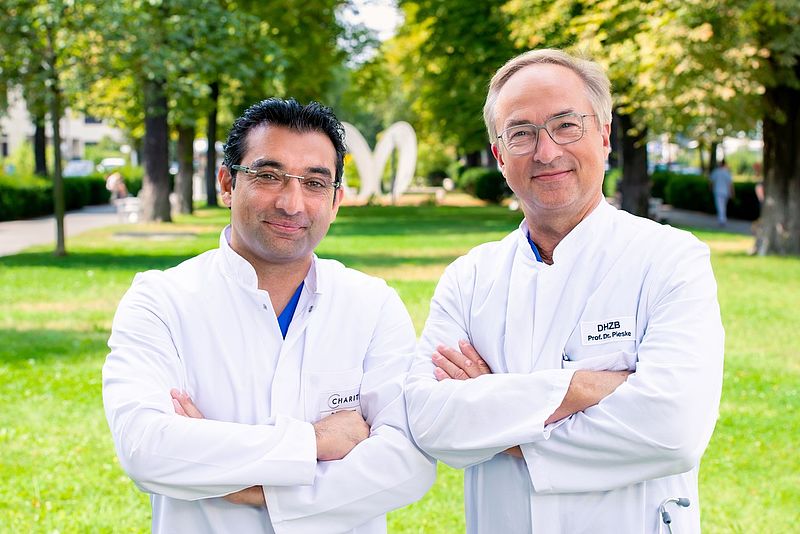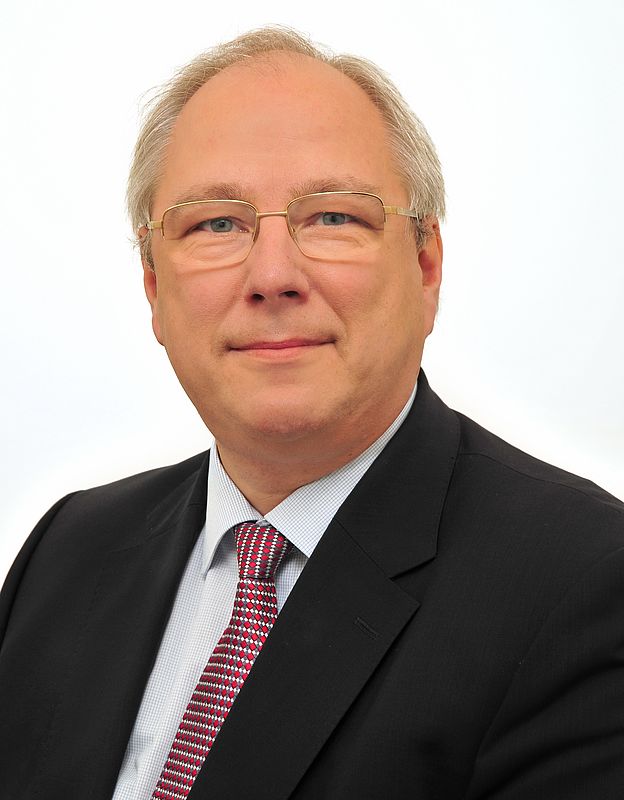Not all heart failure is the same: numerous possible causes and concomitant diseases determine the individual course, make the prognosis difficult to assess and sometimes result in unsatisfactory treatment options. Junior Professor Dr. Sandy Engelhardt, Medical Faculty of Heidelberg University, and Prof. Dr. Philipp Wild, University Medical Center of the Johannes Gutenberg University Mainz, and their interdisciplinary project team aim to improve care and treatment for patients with heart failure. The Carl Zeiss Foundation (CZS) is funding the project with its "CZS Breakthroughs" programme for six years from July 2024 with a total of five million euros. The aim of the funding programme is to further develop established research priorities with high relevance in Baden-Württemberg, Rhineland-Palatinate and Thuringia and to expand them internationally. The project partners are working groups from the university hospitals and the universities of Heidelberg and Mainz in the fields of cardiology, bioinformatics, sports medicine, epidemiology, medical technology, pathology and law. The project partners are also linked via the German Centre for Cardiovascular Research (DZHK).
Health data from thousands of patients train the AI
The scientists want to train an artificial intelligence (AI) with the comprehensive health data of several thousand patients with heart failure in order to identify previously hidden correlations and incorporate them into personalised therapy recommendations. As a concrete application example for an AI-supported therapy recommendation, an exercise therapy study will be offered in which the participants are supported in their training by a customised exoskeleton. The patient group involved in the project suffers from a common form of chronic heart failure in which the left ventricle becomes increasingly stiff but is still able to eject sufficient amounts of blood (preserved ejection fraction). If left untreated, this can lead to heart failure in the long term. There are currently no standardised drug or surgical therapies that can reverse the changes in the heart muscle and improve the prognosis of those affected.
Many different factors influence the course of the disease and the response to therapy. For this reason, a "multi-modal" AI is now to search for recurring patterns and possible correlations in the wealth of possible combinations in order to identify subgroups with the most uniform disease progression possible. "Multi-modal" means that patient data from very different sources is brought together and used as training material for the AI. This includes traditional patient data such as age, gender, previous illnesses and blood values, but also digital data from imaging, tissue analyses and - if available - genetic information. "Advances in medical technology and bioinformatics, particularly in the automated collection and analysis of genetic data, allow us to characterise patients individually at a micro and macro level," explains project spokesperson Professor Sandy Engelhardt, head of the working group at the Department of Cardiac Surgery and the Department of Cardiology, Angiology and Pneumology at Heidelberg University Hospital (UKHD).
Who benefits from exercise therapy?
"Our project is specifically concerned with the question of which patients are likely to benefit from exercise therapy based on which combination of characteristics. We hope that our systems medicine approach with lots of molecular data will enable us to better understand the course of the disease and the mechanisms for the success of a therapy," adds Professor Philipp Wild, Head of Preventive Cardiology and Preventive Medicine at the Centre for Cardiology at the Mainz University Medical Centre.
Anyone suffering from heart failure quickly gets short of breath and is less efficient. Many patients therefore avoid exertion and are also inactive in sports, which in turn further worsens their heart health. The exercise therapy offered in the study addresses this problem by supporting participants in their physical activity with an exosuit designed by a team led by Professor Lorenzo Masia, Head of the Department of Biorobotics and Medical Technology at the Institute of Computer Engineering at Heidelberg University. Similar to an exoskeleton, the robotic elements are attached to the arms, legs and torso during training, for example, and take on a flexibly adjustable part of the required effort, thereby increasing mobility. The exercise programme is developed and supervised by teams from the sports medicine departments of the two university hospitals.
During and after completion of the training programme, the scientists repeatedly evaluate improvements in quality of life as well as effects on a molecular to macroscopic level, which in turn flows into the AI system. "We hope that the AI support will enable us to select therapies in a much more targeted manner in future and evaluate their benefits," says Professor Engelhardt.
Scientific contact:
Junior Prof. Dr. Sandy Engelhardt, M.Sc.
Medical Faculty of the University of Heidelberg
Head of the working group "Artificial Intelligence in Cardiovascular Medicine"
Clinic for Cardiac Surgery and
Clinic for Cardiology, Angiology and Pneumology of the UKHD
Phone: 06221 56-37173
E-mail: Sandy.Engelhardt@med.uni-heidelberg.de
Prof. Dr. Philipp Wild, M.Sc.
University Medical Centre of the Johannes Gutenberg University Mainz
Head of Preventive Cardiology and Preventive Medicine, Centre for Cardiology, UMMainz and
Head of Clinical Epidemiology and Systems Medicine, Centre for Thrombosis and Haemostasis, UMMainz
Phone: 06131 17-7163
E-mail: philipp.wild(at)unimedizin-mainz.de
Source: Press release UKHD (in German only)



